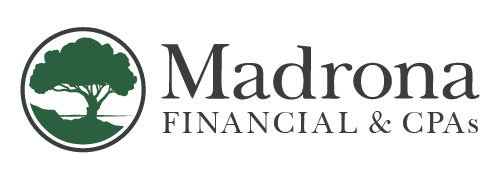
In the movie Willy Wonka and the Chocolate Factory, one of the Golden Ticket winners touring the Chocolate Factory was Veruca Salt, heiress to the Salt nut fortune and a real brat. When Veruca doesn’t get what she wants immediately, she acts out until she finally wears down all opposition to her selfish demands.
In a key scene, Veruca sings a song with the constant refrain, “Give it to me now!”
“Give it to me now” doesn’t work in the real world, especially with the IRS. During your working life, you will probably have money withheld by your employer from your paycheck and remitted to the IRS on your behalf. This is likely to be enough to cover your income taxes for that year, maybe with a little refund (woo-hoo). The IRS gets the funds throughout the year as you get paid.
They get it now!
So what happens if you don’t get a paycheck? What if you’re self-employed? What if you’re retired? You can just pay your taxes in April when you file your return, right? WRONG!
They want it now!
When you don’t have an employer remitting to the IRS on your behalf every pay period, the IRS requires you to make quarterly estimated tax payments throughout the year due April 15, June 15, September 15 and January 15 to avoid penalties and interest.14 This is also true for retired persons. No withholding from your retirement and investment income? Better think about quarterly payments in your retirement planning.
They want it now!
For instance, I get a call from a retired client who needs $50,000 for a new car and they request $50,000 from their IRA. I then remind them of their 25% marginal tax bracket and that they need to take out $67,000 in order to cover the taxes now. That car just got a whole lot more expensive.
A common mistake in estimating income tax for self-employed individuals is not realizing that, as far as the IRS is concerned, you are the employer and the employee for payroll taxes. You need to pay both portions of the Medicare and Social Security taxes, over 15% of your business profits.
Let’s assume you started a successful new business that nets $100,000 per year. You didn’t make tax estimates the first year. Let’s also assume your average income tax on these earnings is 20%. In April of the next year, your CPA informs you that you now owe $35,000 in combined income and self-employment tax and you need to make another $35,000 for current year estimated taxes. This adds up to more than what you expect in profit for the entire rest of the year!
They want it now!
The other pitfall for making timely payments is in regards to tax return extensions. Filing an extension can often be necessary to gather the information needed to complete your return. But that’s all it is! An extension does not extend your time to pay your taxes. The extension only extends your time to file. You still must pay all taxes you expect to owe by April 15th to avoid penalties and interest.
14There are also “safe harbor” amounts that are based on the prior year tax that can help you avoid quarterly recalculations of your income – but you still need to make the payments quarterly!

